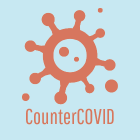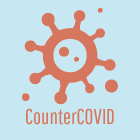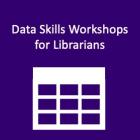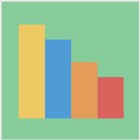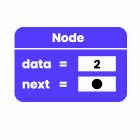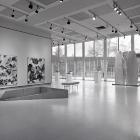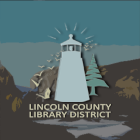
Community Driven Planning for Rural Oregon
Lincoln County Library District was formed to extend city library services to residents of unincorporated regions of Lincoln County. A community profile evaluates the extent of existing rural LCLD library services and their utilization rates. It also establishes population dispersals, best practices for communicating with user groups (including languages and platforms), and capacity for service adjustment or expansion. This profile informed the design of a community feedback campaign including survey questions, modes of distribution, and location targets. The feedback collected will allow for the deliberate allocation of funds and strategic expansion of library services to remote areas of Lincoln County.

